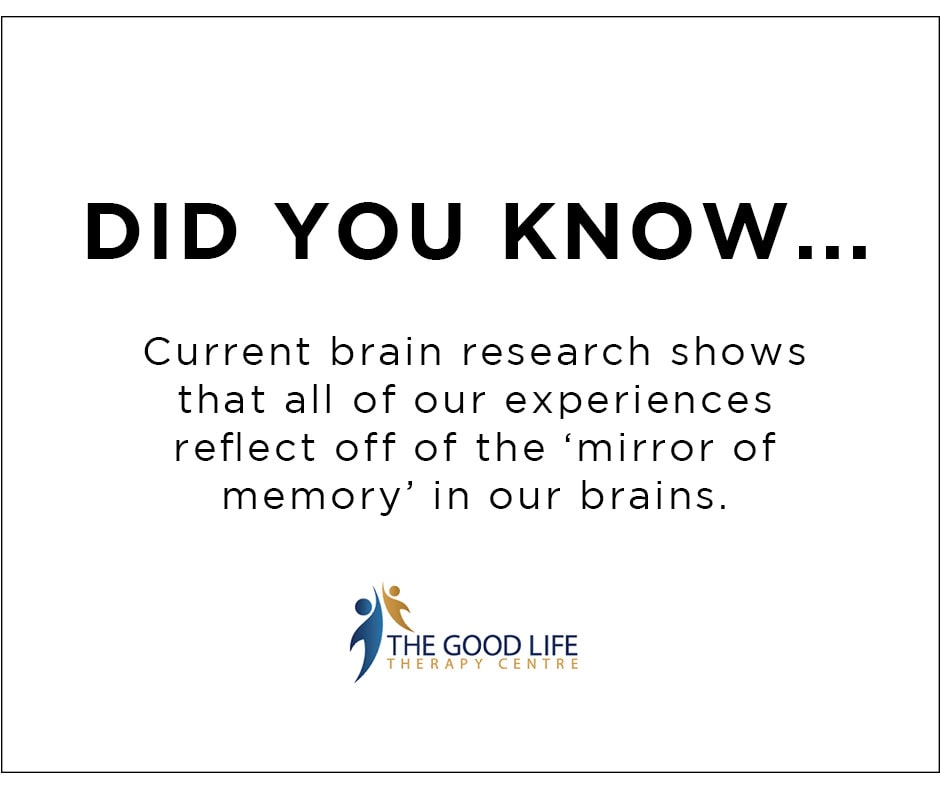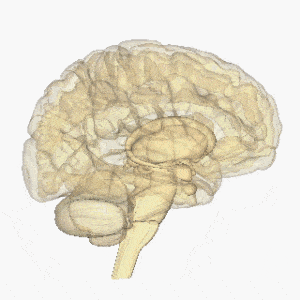Despite its negative consequences, most people initially start to use drugs and/or alcohol to relax or to escape a painful reality, but it can quickly turn into an addiction that changes the personality and makes the struggle to cope with real problems harder.
Those who have lived with it, know that addiction is the farthest thing from being free; it pulls you in and makes you believe that you can’t live without certain things. The good news is, freedom from these addicting substances/behaviours that are taking over your life and separating you from loved ones IS possible.
Overcoming addiction can seem like a daunting task, but these steps can help you start working toward an alcohol-free or drug-free life today:
1. Make a Plan

Being inconsistent about your plans to quit drinking alcohol or taking drugs or thinking you can somehow manage it when you cannot will only make it more difficult to stop. Make a decision to get clean, set a date, and develop a plan. Many believe that “hitting bottom” is a spontaneous event but that is not necessarily true. Most addicts/alcoholics have thought a lot about stopping but can’t control the urges to continue their use. Surrendering to the fact that you are beat – and knowing that it’s not your fault, can turn your thoughts about stopping into a positive reality. Preparing to quit within the next couple of weeks enables you to be physically, mentally, and emotionally ready for the big changes.
2. Write Down Everything

Write down your commitment to quitting and cite solid reasons that are more important than taking the substances you are addicted to. Make a list of all the positive changes that will take place in your life as well as all the damaging effects of your addiction. This will give you a clearer picture of how things will improve once you’ve removed your bad habits. Taking time to explore deeply the benefits for you and your loved ones of being free from your addiction can increase your motivation to strive to be your best self. Weighing that against the harsh reality of continuing down the path of destruction (addiction always gets worse – never better), can make your choice much clearer.
Having a list will also help explain your thoughts and feelings once you’ve sought addiction counselling. Never try to do this alone – it will set you up for failure. The more you surround yourself with understanding people, some of whom have been there themselves, the more likely you are to succeed. They will become your ‘safety net’ to catch you if you stumble and fall.
3. Find Support

Finding professional and personal support can make a big difference in your fight against addiction. Having a consistent support system will keep you encouraged and motivated. Therapists that provide addiction counselling in Vancouver, such as The Good Life Therapy Centre, can provide a welcoming environment where you can explore your addiction triggers, determine your goals for recovery and engage in a process to continuously decrease your addictive habit.
You will be shown how to establish your own self-care plan, clearing your home of addictive substances and recognizing and avoiding enablers. In the end, only you can free yourself from addiction so addiction counselling is a collaborative process that involves you every step of the way.
As you stabilize in your recovery, you can work through any underlying traumas and/or losses that make you vulnerable to relapse, thereby strengthening your foundation for the future. And lastly, relationship counselling will provide security to your marriage throughout the process of recovery and help you create and acquire the love you are longing for with your partner.
If you or someone you know or love is struggling with addiction, trauma or relationship problems don’t hesitate to contact us. We are here for you.
Please feel free to leave a comment. I’d love to hear from you.
Wishing you all the best,
Source: “12 Ways to Beat Addiction”, Psychcentral.com



